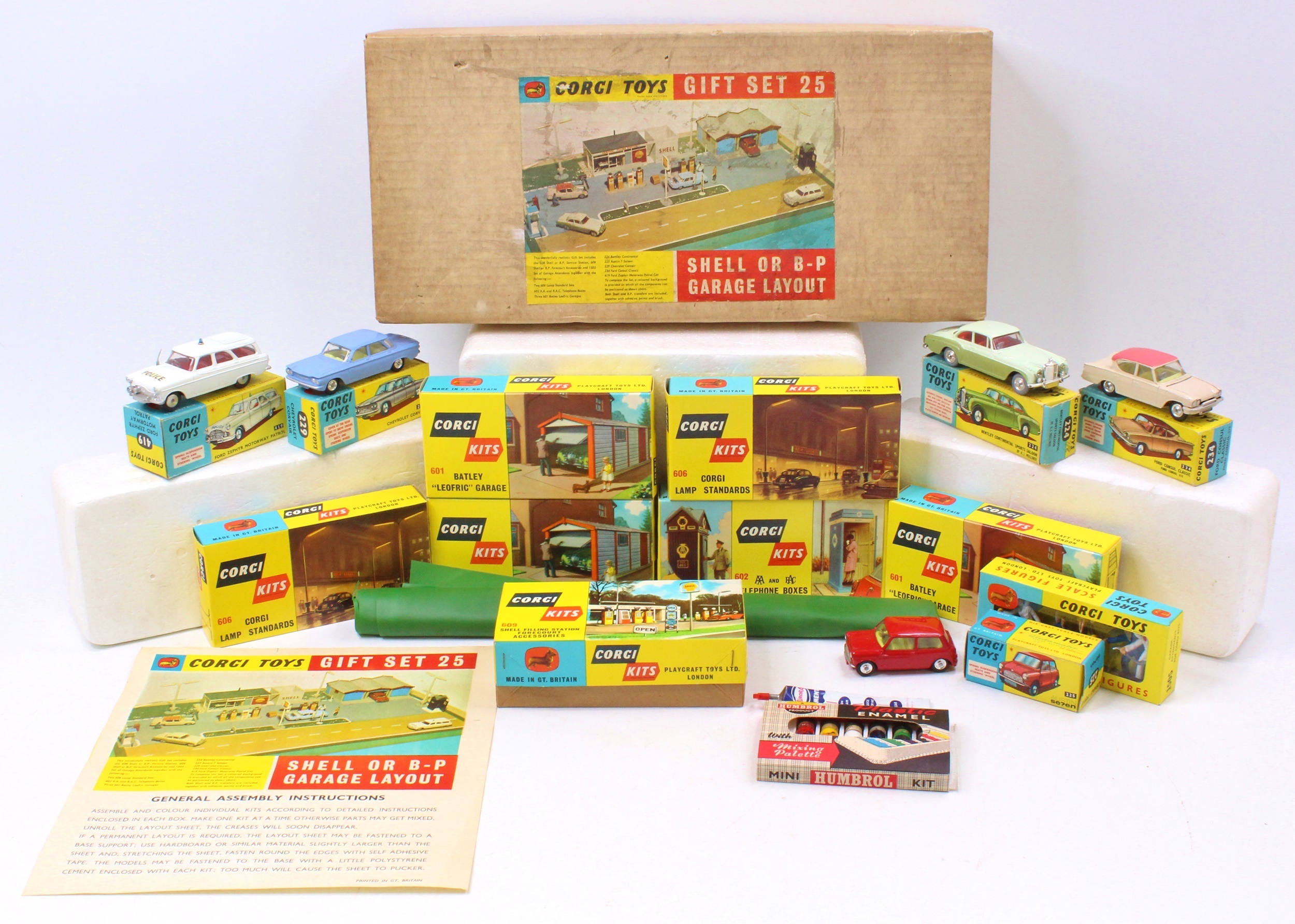How do you like them Apples?
Our 10th June Fine Art auction includes two fine and rare mid-18th century trompe l'oeil Chelsea porcelain sweetmeat boxes in the form of apples.
The Chelsea porcelain factory was established around 1743-45 by the Belgian born silversmith Nicholas Sprimont and the jeweller Charles Gouyn. Britain was late to the porcelain-producing party and Chelsea was one of the first and most important porcelain manufacturers to establish in this country; although European attempts had made been made since the 17th century, and of course China had been producing what we call porcelain for approximately 2000 years. The first soft-paste porcelain in England was demonstrated by Thomas Briand in 1742 to the Royal Society, and it is thought that Sprimont acquired his knowledge through Briand and fellow Huguenot Andrew Legrave.
Chelsea porcelain was aimed at the stylish aristocratic market from the start. Early wares used Nicholas Sprimont's skill as a silversmith and were often based on silver prototypes as well as being influenced by Meissen and Sevres porcelain models. It was highly fashionable in the mid-18th century to have sumptuously decorated dinner tables with ornamentation and realistically modelled Rococo serving dishes in the form of fruit, vegetables and animals; and Chelsea took to this market with relish.
It was a further conceit to serve unrelated foodstuffs in the dishes, such as desserts in savoury vegetable tureens. The catalogue for the 1755 sale of Chelsea wares included 'A compleat service for the desart' including a 'large cabbage leaf and bason, 2 vine leav'd dishes & four sunflower leaves', and 'Four fine large apples and leaves for desart'. Other examples include boars' head tureens, dishes modelled as a bunch of asparagus, rabbit shaped servers, melon lidded dishes, and cauliflower sweetmeat boxes. These pieces were fun, functional and highly sought after.
The popularity of Chelsea was further aided by the patronage of the Duke of Cumberland, which may have emboldened Sprimont in writing a letter to the government in 1759 entreating them to stop importing foreign porcelain so as to give English manufacturers a chance. Royal support continued through the years, and many Chelsea wares can be found in the Royal Collection. In fact, the late Queen Mother was a collector and owned an apple box such as the ones in this auction.

Due to Sprimont's ill health the factory was sold to James Cox in 1769; and then to William Duesbury of Derby the following year (producing porcelain generally referred to as Chelsea-Derbyware). In 1784 the kilns and workshops at Chelsea were demolished; many moulds were destroyed and others removed to Derby.
Auction date 10th June. Viewing Thursday 8th 10am-7pm & Friday 9th 9am-7pm.
Lot 1043 -A circa 1755 Chelsea porcelain trompe l'oeil apple box and cover,naturalistically modelled as a russet streaked and spotted apple with a leafy stem, the cover with a turquoise and puce caterpillar knop, both with red anchor mark and numbered 48 in iron red, h.10.2cm. Est. £6000-9000 (subject to Buyers Premium at 21% incl. of VAT)
Lot 1044 -A circa 1755 Chelsea porcelain trompe l'oeil apple box and cover,naturalistically modelled as a russet streaked and spotted apple with a leafy stem, the cover with a turquoise and puce caterpillar knop, cover with red anchor mark and numbered 54 in iron red, the base numbered 62 and without anchor mark, h.10.2cm. Est. £6000-9000 (subject to Buyers Premium at 21% incl. of VAT)



